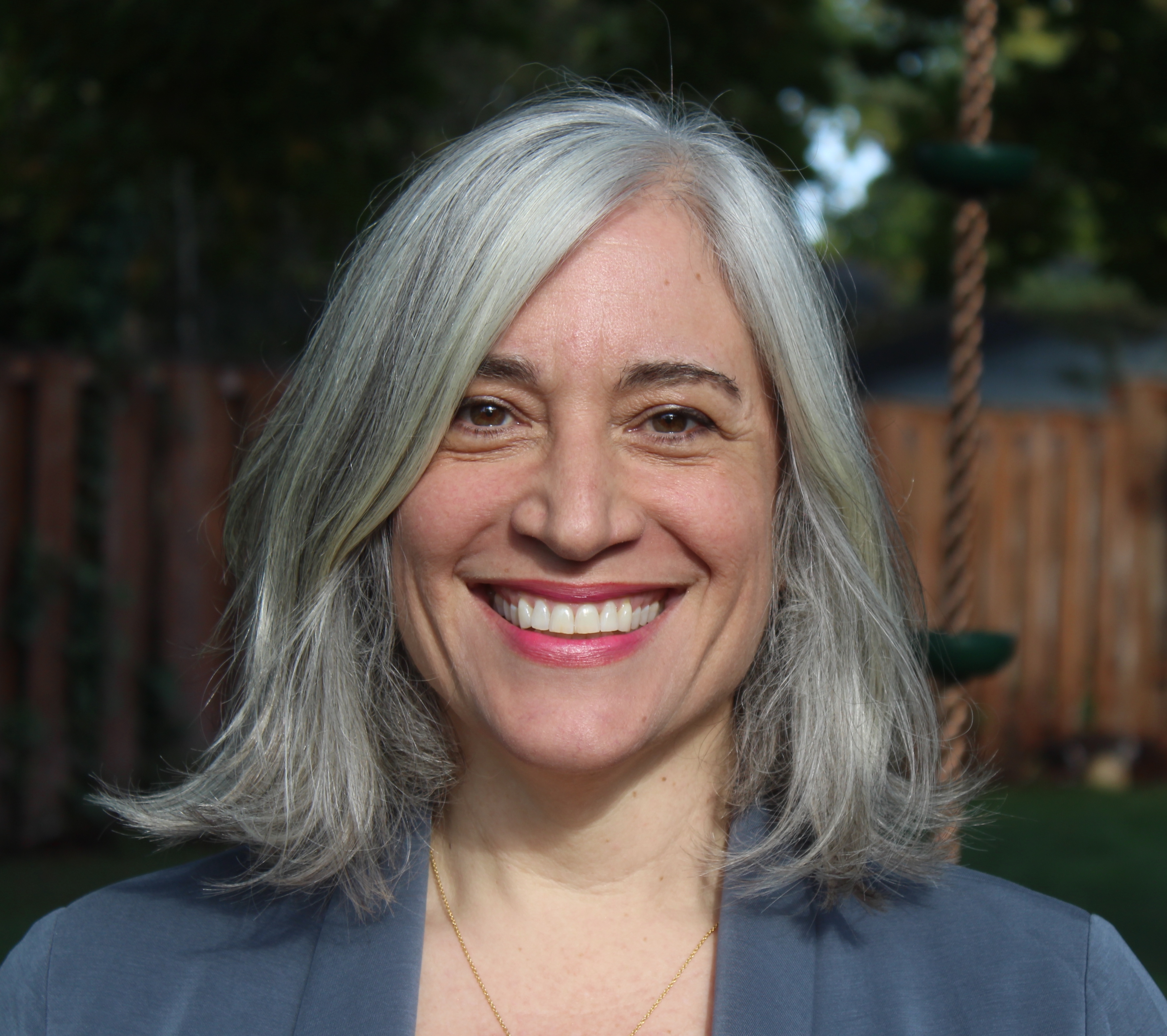- About
About
- Academics
Academics
- Research
Research
- Admissions
Admissions
- Student Life
Student Life
- Athletics
Athletics
- Giving
Giving
- Students, Faculty & Staff
- Parents
- Visitors
- Alumni

Director of Media Relations
Office of Communications and Public Affairs
(610) 758-3224
lof214@lehigh.edu
Lori Friedman is Director of Media Relations in the Office of Communications and Public Affairs. In addition to leading media outreach at Lehigh, she often writes feature stories for the university's online news sites and print publications.
With more than ten years of experience in nonprofit and advocacy communications, Friedman is proud of the work she has done to advance causes related to healthcare, education, science, environmental preservation and social justice. Her media relations and digital communications efforts have been recognized with awards from leading PR industry groups Bulldog Reporter and the Public Relations Society of America (PRSA).
She holds a Masters of Fine Arts and a Bachelor of Arts from the University of California, San Diego.
Newly released report is part of an ongoing meta forecasting project.
Thomas McAndrew, a computational scientist in Lehigh's College of Health, and colleagues incorporate data from experts and forecasters.
In first study of its kind, researchers find that light pollution, based on a measure of skyglow, could increase the likelihood of preterm birth by 12.9%.
Christine Makosky Daley and Sean Daley will lead the Institute. They have partnered with Native communities in the United States, Canada, Mexico and Bolivia in holistic approaches to improving health.
A process developed by scientists at Iowa State University and Lehigh using a hybrid Cuckoo Search accelerates computational modeling of complex alloys.
Researchers provide the first physiological evidence that a foundational center of the brain influences how sound is processed, identify a previously unknown neural circuit.
Watts’ piece was among twenty-four essays chosen for inclusion in the highly-regarded annual anthology series.
New research attributes an adverse fetal outcome to the strenuousness of an expectant mother’s job.
A solar partnership between Lehigh, Lafayette, Muhlenberg and Dickinson is a finalist for AASHE's 2020 Campus Sustainability Achievement Award.
Lehigh is one of 19 universities to join the new cohort.
An experimental approach reveals a Butters prophage uses a two-component system to block entry of some phages, but not others, from attacking a strain of mycobacteria related to infection-causing strains.
Lehigh biostatistician Thomas McAndrew’s novel framework earns MIDAS Coordination Center funding.
Seabird poop transformed an entire ecosystem, according to an examination of a 14,000-year peat record in the Falkland Islands. The discovery raises questions about the birds’ survival and the potential impact of climate change on sensitive terrestrial-marine ecosystems.
Scholars from Lehigh and Ohio State University assert that LGBTQ+ campus centers play an essential role in fostering the health, well-being and academic achievement of LGBTQ+ students.
Analyses reveal that two common practices to improve science―“open science” and “reproducibility/replicability”―operate independently and that collaborative, prosocial “open science” could point the way toward more diversity in science.
A multidisciplinary research project led by College of Health faculty member Fathima Wakeel seeks to determine the physical and mental health impacts of the pandemic.
This is the second peer-reviewed federal grant that LUAG has been awarded in two years, an accomplishment that is rare in the field.
Computational experiments on semiconducting polymers show under harsh loading conditions—stretching and compression—the addition of small molecules enhances performance and stability and points to a promising new direction for solar cell research.
Scientists analyzing hydrothermal fluid collected at the Piccard vents at Mid-Cayman Rise have found non-biological processes deplete hydrogen that was thought to be readily available to subseafloor microbial communities.
Allison Mickel is studying two startup nonprofits aiming to build local capacity to document, conserve, protect and make decisions about the future of Jordan’s archaeological sites.